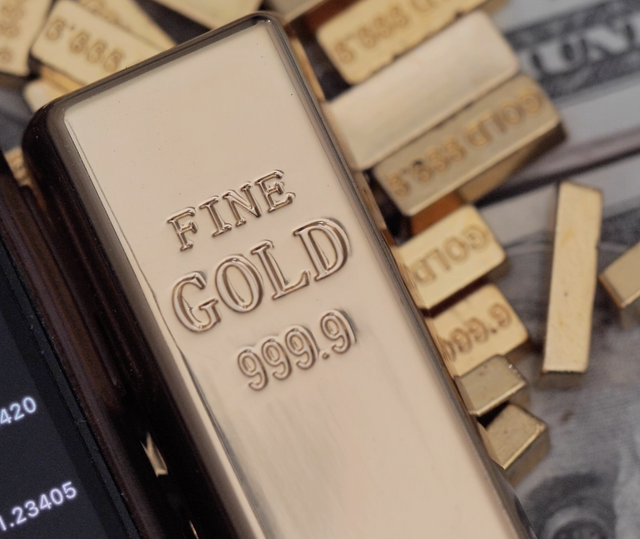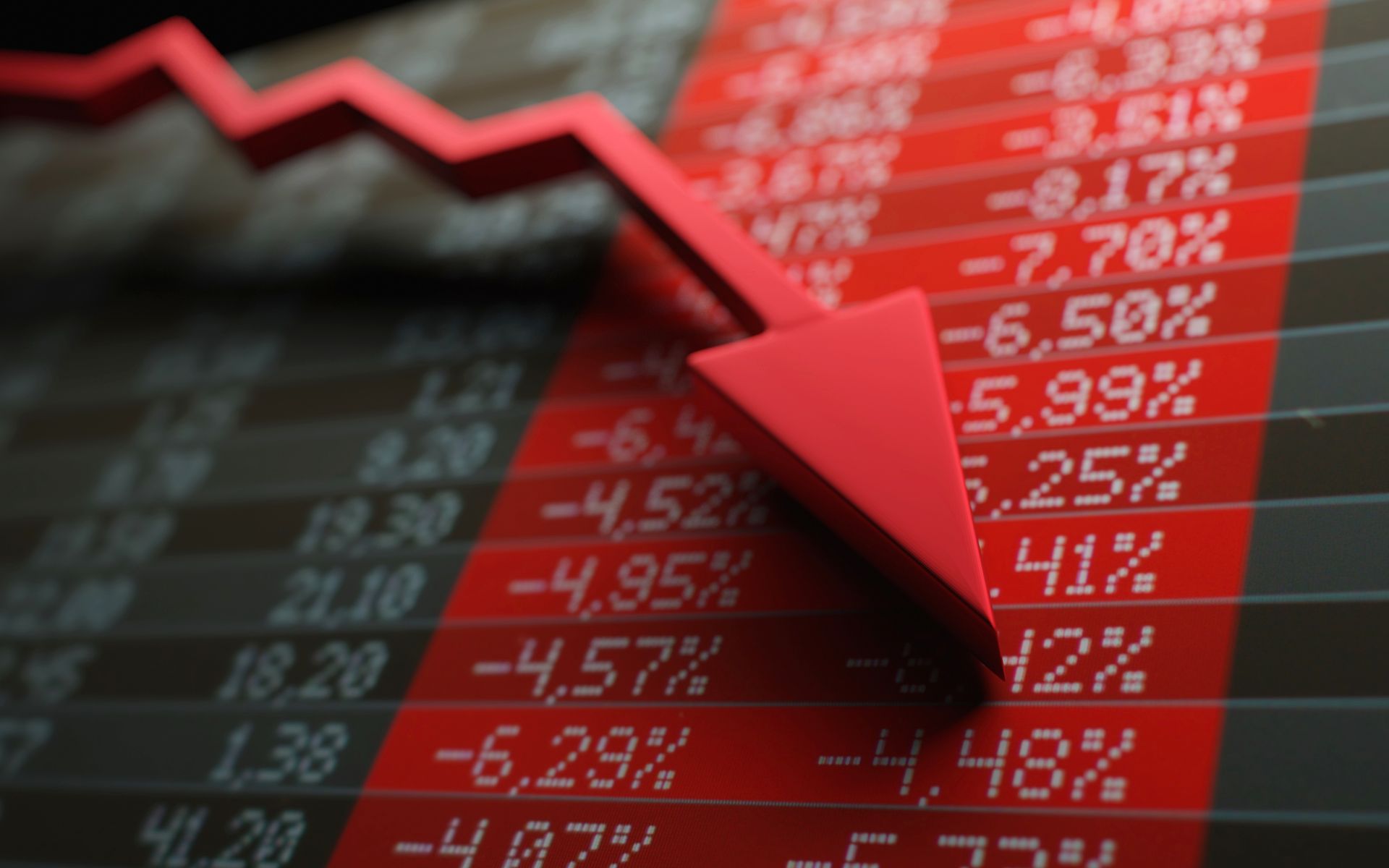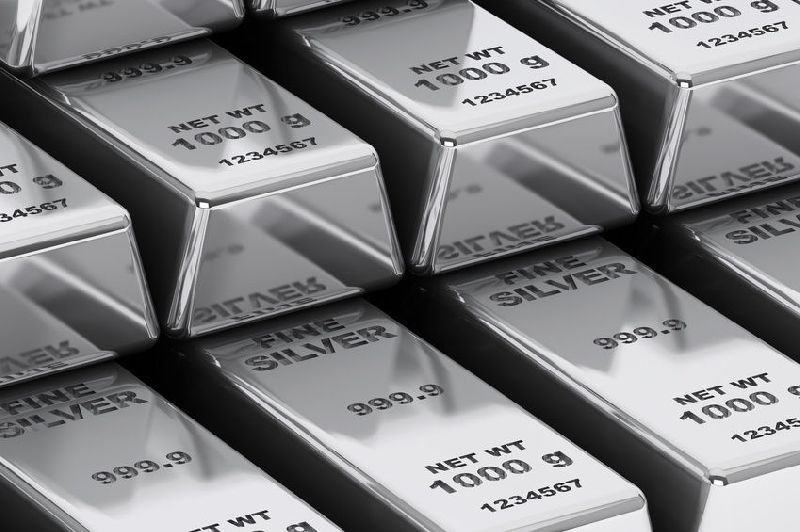Article
‘The Black Swan’ author is really afraid of what’s happening to the U.S. dollar
Nassim Nicholas Taleb, author of The Black Swan, voiced concerns about the U.S. dollar’s stability in global finance due to recent policy decisions. Taleb criticized the U.S. government’s 2022 decision to freeze Russian assets following the invasion of Ukraine, calling it a “confiscation” that could deter international investment in dollar-denominated assets. He warns that this could lead to a “progressive loss” of the dollar’s global role, as central banks shift to alternatives like gold.
Taleb also sees current financial markets as particularly fragile, comparing today’s AI-driven rally by a few tech giants to conditions before past market collapses. He believes that complacency, fueled by prolonged low rates, has weakened conservative investment habits. As federal debt mounts and U.S. bond valuations rise, he questions whether foreign investors will continue financing U.S. debt, especially with signals of a potential recession emerging. Given these economic uncertainties, many Americans find precious metals like gold and silver appealing as a hedge against inflation and a safeguard for wealth in times of potential currency instability.
To Read More: https://fortune.com/2024/10/13/black-swan-nassim-taleb-dedollarization-dollar-dominance-russia-sanctions-us-debt
Related BREAKING NEWS

Contact us
corporate@redstategoldgroup.com
FAX: 800-918-4350
9701 Wilshire Blvd. 10th Floor
Beverly Hills, CA 90212
HELPFUL LINKS
©2024 RED STATE GOLD
Information found within Red State Gold sites and publications is intended for general educational purposes and should not be taken as investment advice.
Red State Gold does not provide financial, legal, tax advice, or retirement-specific recommendations.






